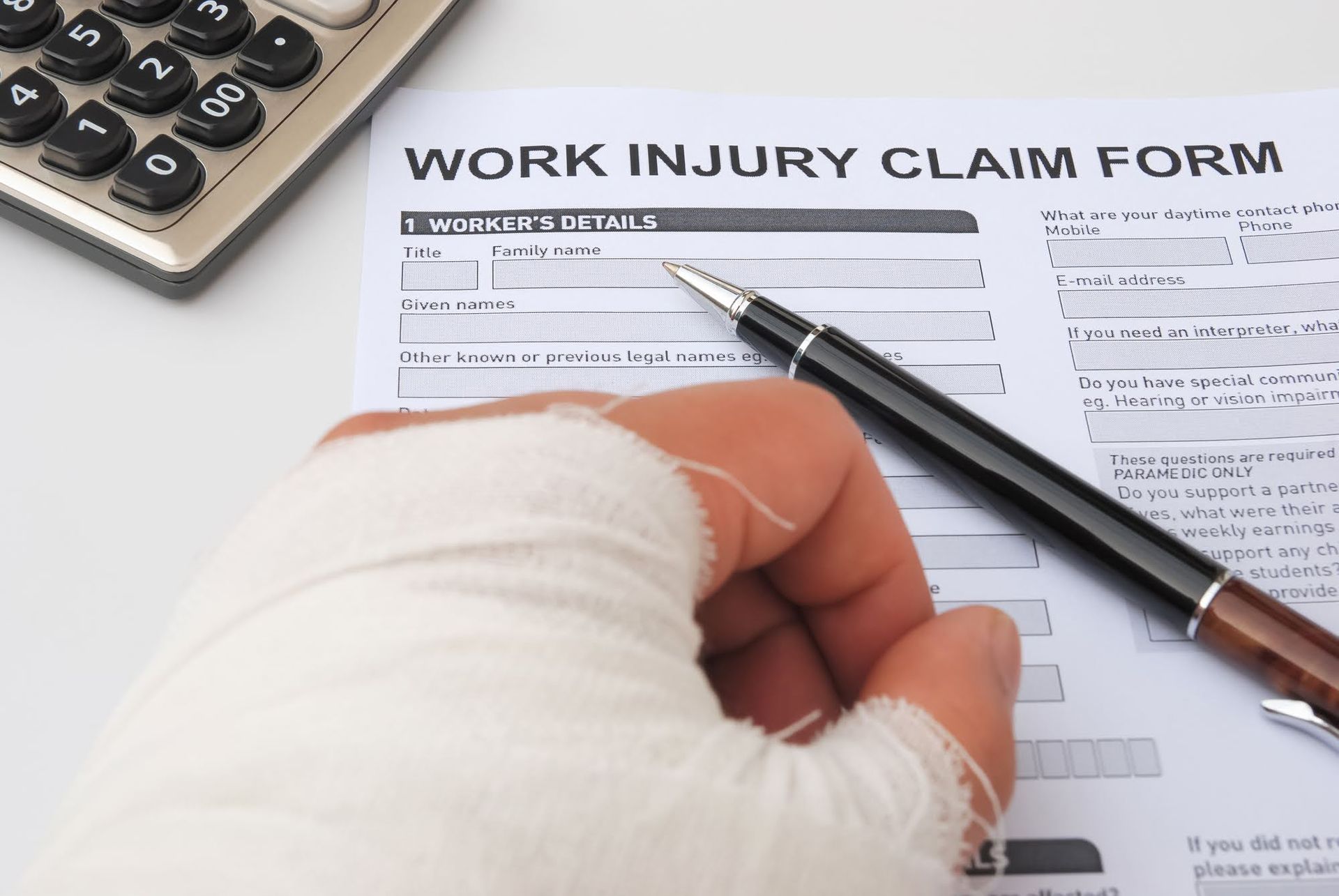Address: 1201 East Street Parkville, Missouri 64152
Toll Free:
Call Us Now:
DEALING WITH REQUESTS FOR PRODUCTION OF DOCUMENTS
A request for the production of documents is one of the discovery tools parties to a case may use to learn more about the case. For example, the defendant in your auto accident case can submit a request for the production of documents to learn more about your preexisting injuries. Below are some tips on how to deal with such a request.
Respond in Time
Understand and respect the deadline. A request for the production of documents has a deadline within which you must submit your response. You must submit your request within the deadline or face the consequences.
For one, the defendant might file a motion to compel you to produce the documents with the court. The court might find you in contempt of its orders if you still don't respond. Second, you risk a default judgment against you if you don't respond in time.
Object If Necessary
Although you must respond within the deadline, you don't have to produce every document that the defendant requested. You can object to the requests provided you have reasonable grounds for your objections. Below are a couple of objection grounds that the court might accept.
Burdensome Request
A good request is a reasonable request - something you can get without too much struggle within the stipulated deadline. That means the request should also be specific enough so that you understand what the defendant wants exactly.
For example, a request to produce all documents related to the case is too ambiguous and vague. You can object to such a request as too burdensome for you to meet.
Privilege Request
You don't have to hand over privileged information to the defendant even if they include it in their request for the production of documents. For example, the defendant doesn't have the right to access communications between you and your lawyer - the information is privileged.
Redact Necessary Parts
Sometimes, a defendant might request a document with sections of privileged, sensitive, or personal information. In such a case, you can redact or block out the information you don't want the defendant to have.
Consider a case where a defendant wants a copy of a document with your bank account number or your children's names. You can black out such information and still send the document to the defendant. Just make a note of the redacted documents and information somewhere to be on the safe side.
Answer in Writing
Although a request for production involves documents, you should submit a written answer to the requests plus copies of the requested documents. A request for production of documents will list the documents the defendant requires - most likely in a numbered list. You should answer each list and specify whether you have supplied the document or objected to the request.
Send Copies of Documents
Don't send original documents. Otherwise, you might lose your precious documents due to an accident or the defendant's error. Make copies of the documents, send the copies to the defendants, and keep the originals.
Don't send your original documents even if you cannot make their copies. In such a case, inform the defendant that you cannot make a copy of the document and invite them to inspect the document in your presence. That way, you can keep an eye on the document at all times to prevent accidental damage or loss.
An experienced injury lawyer can help you handle the discovery process. Spooner & Perkins Attorneys at Law has over 65 years of experience in personal injury law. We pride ourselves on aggressive representation for our clients. Contact us for a consultation on your injury case to determine the best way to get you fair compensation.

CONTACT INFORMATION
Email:
Phone:
Toll Free:











